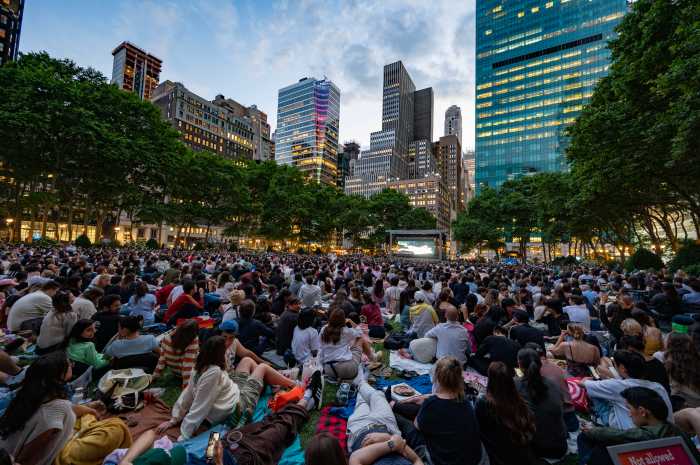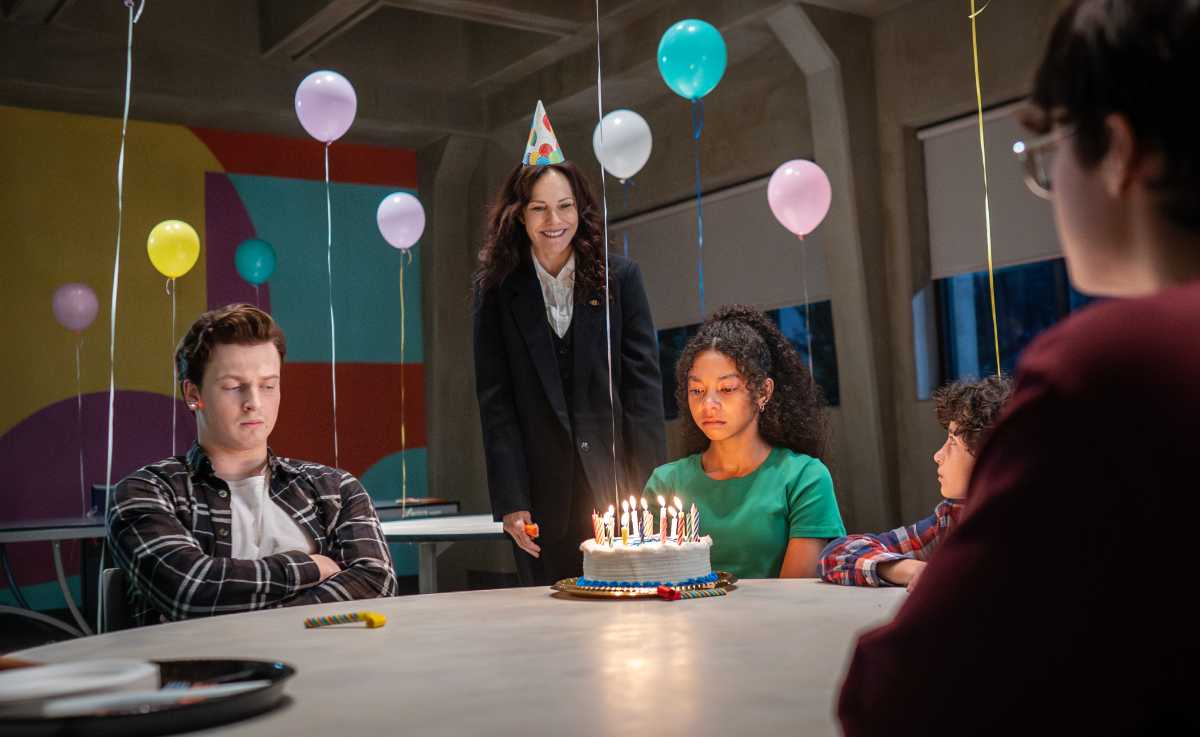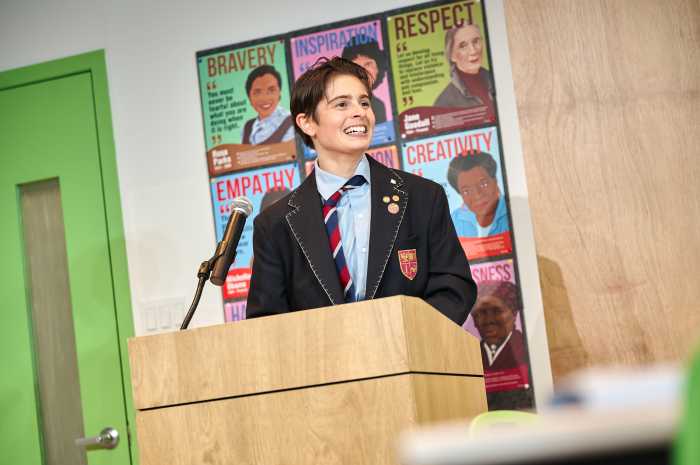Roseanne Barr built her career on groundbreaking stand-up comedy, which led to an incredibly influential television series that changed TV forever.
And that’s not hyperbole.
But the 63-year-old star says that her 2012 presidential campaign was “probably the hardest thing” she had ever done. She won the nomination for the Peace and Freedom Party, and got nearly 50,000 votes, coming in sixth in the election. Her run was chronicled by documentarian Eric Weinrib in the new documentary, “Roseanne for President!,” coming out July 1.
amNewYork spoke with Barr about her film.
Could you ask for a more perfect time to release a movie about your run for president?
I know, it’s crazy. It just turned out perfectly. We wanted it out last year, but things worked out for the best. It’s definitely perfect.
What effect do you think your campaign had on the 2012 election?
[It] shines a little bit of a light on how things get to the ballot. I think it is very important for people to know how a candidate is picked, how it works making it to the ballot and how difficult it is. It’s kind of also a statement on voting for the lesser of two evils rather than the greater of two goods.
How does running for president compare to your other career achievements?
I think running for president is huge. Getting on the ballot in three states, for me, that’s about as big as it gets. Because not everyone can do that, and in fact, no one can. That was a dream I had since I was a kid and to actually do it was fantastic. Of course, doing a very successful television show for a long time, it’s apples and oranges.
A lot has changed in the fight to legalize marijuana, which was a major part of your campaign, since you ran. What do you think your influence was on that?
I chose to highlight the whole fight for legalization because the drug wars, that’s how they locked our country down. As I said in my campaign, it was a war on pot smokers. Because the war on drugs was a war on taxing pot smokers, that’s a part of why I ran. They made an industry out of locking up people who smoked pot. They locked our whole country down that way. Legalization is the tip of the spear to get our country, I think, back on track. And to remove it from the hands of drug lords and people that are just milking all of us.
Would you ever consider running for other offices?
No, I don’t want to hang out with politicians. No way. I’m too old. But if I did run for governor and Senate and win, by the time I’d be able to run for president, I don’t think there’d be a dime left in me. So I wanted to start right at the top. Why not? A fish rots from the head down. It really is about the top, not the bottom. The executive branch, and the Supreme Court, and all the way down. It needs to change from there down, not up.
If you were able to get on the phone with whoever wins this presidency, what would you say to them?
I’d probably be afraid to do that.
Really? I always thought of you as fearless.
I’m not fearless. I don’t think anyone in our country can afford to be fearless anymore, if they ever were. There’s always things that we’re not allowed to talk about and everyone has their limits. I would prefer to speak to the new president through the newspaper or Twitter or social media rather than a phone call. If I got a chance to speak to them in person after they were elected, that would be better. I’ve met all of them, of course. There is something likable about all of them. … Probably I would just wish them well and hope that they would remember that they were — I was going to say elected by the American people, but that’s not even true. I don’t know. I don’t know what I’d say. I probably wouldn’t even get put through.
What were some of the challenges of making the film?
I worked with a director, Eric Weinrib, he worked on all Michael Moore’s movies. And Michael was a friend, and I said, “Who can I get that could help me put this film together?” And he recommended him and we just went back and forth so many times. We filmed so much. I think we had 80 hours of material. The editing process took years. We’d disagree and keep doing it. We probably cut this movie six different ways. We finally kind of went up against the wall in time. We had to get it done, so it’s been like a daily struggle for almost a year of getting it cut and out and every other thing. It’s just hard to make a movie, but I enjoyed the process a lot.
What do you miss about your campaign?
I figured out that being president was pretty much about just showing up and giving a speech. And that’s what I miss, writing those speeches and driving up and delivering them to intelligent people who understood what I was saying. That was a blast, it was so fun. And sometimes I’d be writing it in the car on the way over there. I’d be writing and rewriting and rethinking. I always thought about Abraham Lincoln writing the Gettysburg Address on a napkin on the way. And that’s what it felt like.
If you go
“Roseanne for President!” opens July 1 at IFC Center and on demand.



































